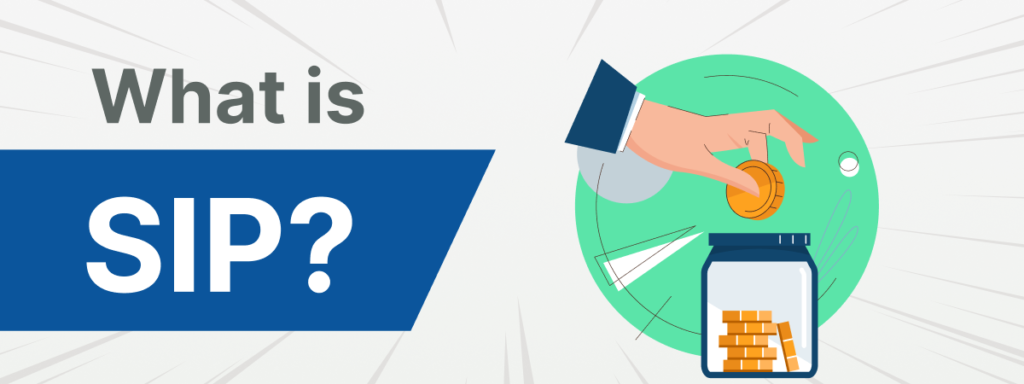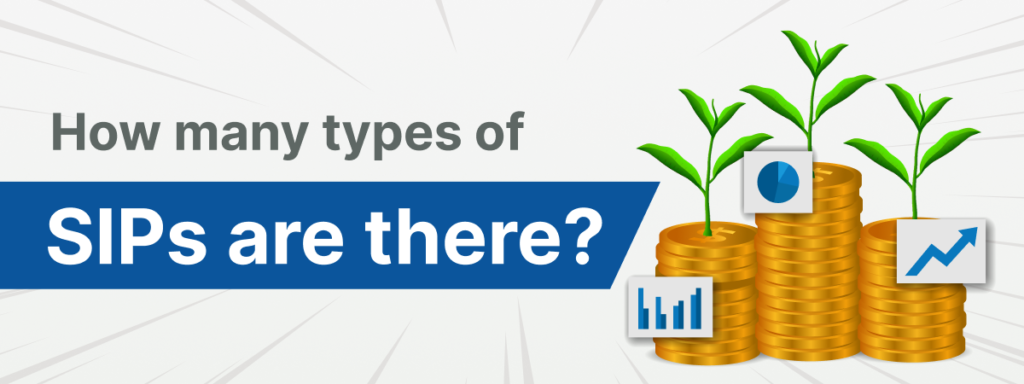Learn how to start a Stock SIP in India with this beginner-friendly guide. Discover the best platforms, stocks, and strategies for long-term wealth creation.
A Stock SIP (Systematic Investment Plan) lets you invest a fixed amount in individual stocks at regular intervals (monthly/quarterly). Unlike mutual fund SIPs, you directly own shares.
What is Stock SIP? (Quick Recap)
Example:
- Instead of buying 1 HDFC Bank share at ₹1,500 at once, invest ₹500/month via SIP.
- Over time, you accumulate fractional shares, averaging costs.
(Read our detailed guide: What is Stock SIP?)
🚀 Why Start a Stock SIP? (5 Key Benefits)
✔ Rupee Cost Averaging: Buy more shares when prices are low.
✔ Discipline: Automate investing (no emotional decisions).
✔ Affordability: Start with just ₹500/month.
✔ Long-Term Growth: Nifty 50 gave ~12% CAGR historically.
✔ Tax Efficiency: LTCG tax only after 1 year.
💡 Real-Life SIP Returns
| Monthly SIP | Duration | Expected Value (12% CAGR) |
| ₹5,000 | 10 years | ₹11.5 lakhs |
| ₹10,000 | 15 years | ₹50 lakhs |
(Calculate your returns: SIP Calculator – internal link)
📱 How to Start a Stock SIP in India (Step-by-Step)
Step 1: Open a Demat & Trading Account
Best Brokers for Stock SIP:
| Broker | Minimum SIP | Fees |
| Zerodha | ₹500 | ₹20/order |
| Groww | ₹500 | Free SIPs |
| Upstox | ₹500 | ₹10/order |
Documents Needed:
- PAN card
- Aadhaar
- Bank details
Step 2: Choose the Right Stocks
For Beginners:
- Large-Caps (Safe): Reliance, HDFC Bank, Infosys
- Mid-Caps (Growth): Tata Elxsi, Bajaj Finance
Advanced Investors:
- Sectoral Picks: IT (TCS), Pharma (Sun Pharma), FMCG (ITC)
(Read: Best Stocks for SIP in 2025 – internal link)
Step 3: Set Up SIP on Broker App
- Log in to your broker account (e.g., Zerodha).
- Go to “SIP” or “Recurring Investments” section.
- Select stock, enter amount (e.g., ₹1,000/month), and date.
- Confirm via OTP.
(Screenshot: How to set up SIP on Groww – visual aid)
Step 4: Monitor & Optimize
- Review annually: Adjust SIPs based on performance.
- Diversify: Add stocks from different sectors.
- Rebalance: Sell underperformers, add winners.
⚠️ 3 Common Stock SIP Mistakes to Avoid
❌ Picking Volatile Penny Stocks → Stick to fundamentally strong companies.
❌ Stopping SIP During Market Crashes → This ruins cost averaging.
❌ Ignoring Diversification → Don’t put all money in 1 stock.
📊 Stock SIP vs. Mutual Fund SIP – Which is Better?
| Factor | Stock SIP | Mutual Fund SIP |
| Risk | High (single stock risk) | Lower (diversified) |
| Control | Full (you pick stocks) | Limited (fund manager decides) |
| Cost | Brokerage fees | Expense ratio (0.5–2%) |
| Best For | Experienced investors | Beginners |
Verdict:
- Beginners → MF SIP (less risky).
- Advanced → Stock SIP (higher growth potential).
FAQs (People Also Ask)
1. Is Stock SIP Tax-Free?
- Short-term (<1 year): 15% STCG tax.
- Long-term (>1 year): 10% LTCG tax (over ₹1 lakh profit).
2. Can I Pause a Stock SIP?
- Yes, but frequent pauses hurt compounding.
3. Best Time to Start a Stock SIP?
- Now! Time in market > timing market.










